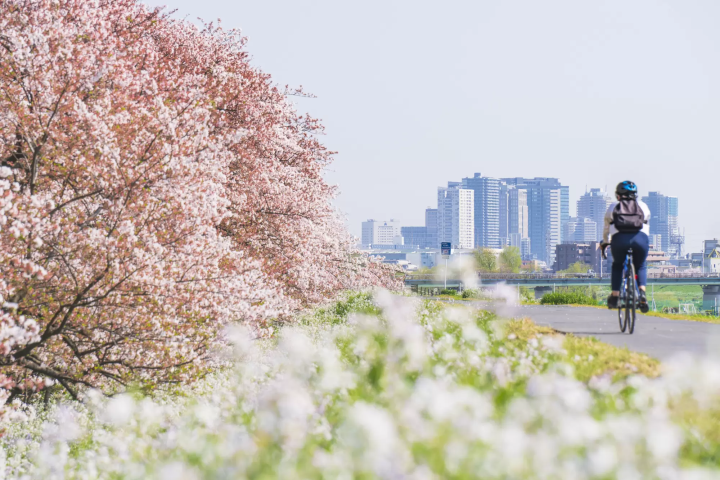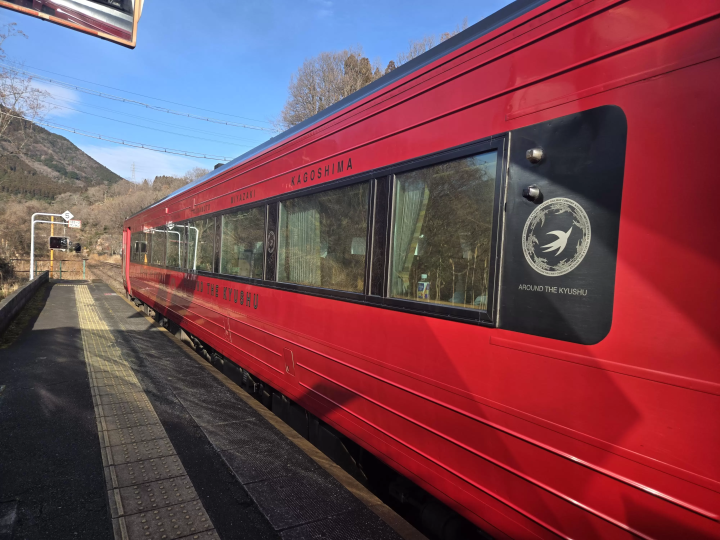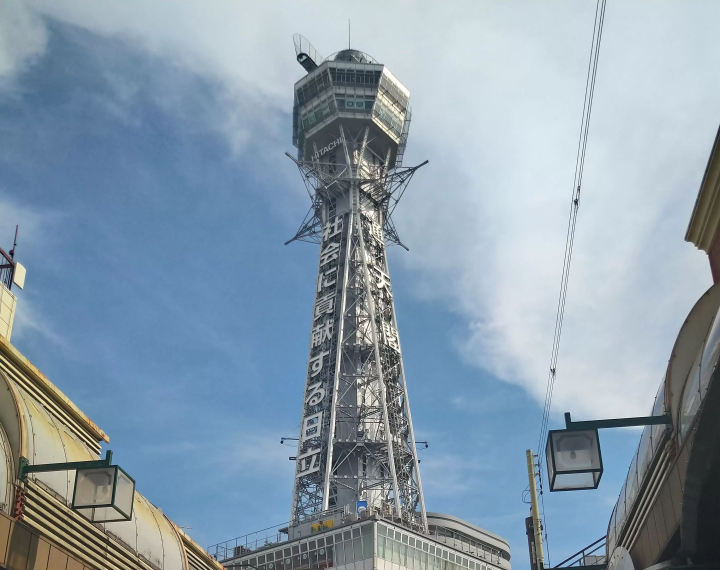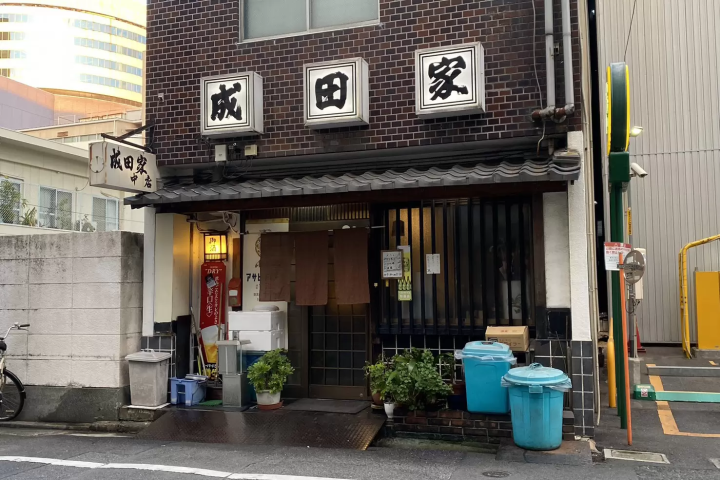Basic Japanese Phrases - Study Easy-To-Learn, Practical Expressions

This article introduces beginner Japanese phrases handy for practical communication. Learn how to greet people, ask for directions at train stations, order at restaurants, and ask for help. These basic phrases also include audio files to listen to and practice with.
Beginner Japanese Phrases Helpful for Language Learners
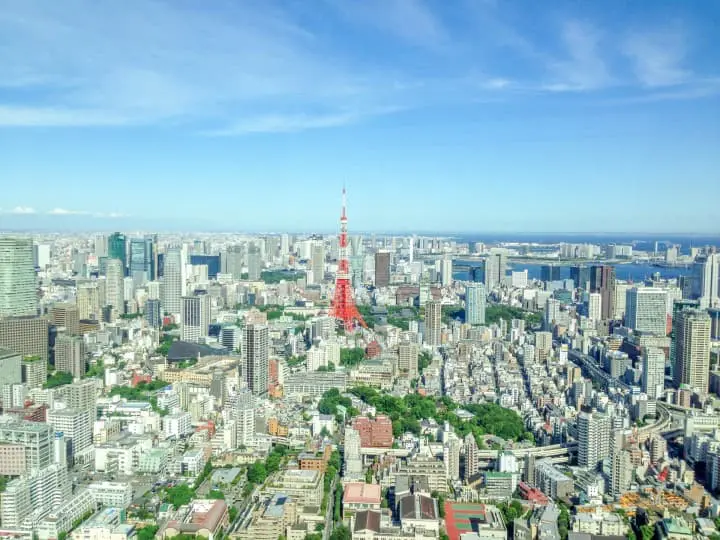
In this article, we introduce 20 convenient Japanese phrases useful for beginners, from self-introductions to asking for directions. These are all easy expressions not requiring any prior Japanese knowledge and are very handy.
Table of Contents
Greetings
Introducing Yourself
Asking for Directions
At Stores and Restaurants
When You Need Help
Greetings
1. Konnichiwa
[konnichiwa]
This is “hello,” the regular daytime greeting.
Drag out the [n] sound in [nni] for a bit. [Konichiwa] sounds unnatural.
2. Sayonara
[sayo:nara]
This is “goodbye.”
3. Hai
[hai]
This is “yes.” Unlike “hi!” in English, you pronounce both the [a] and [i]. You can also say “un” [un], but this is a casual expression for use between friends. If you use it at stores or hotels, it might be seen as a little rude.
4. Iie
[i:e]
This is “no.”
5. Arigato gozaimasu
[arigato: gozaimas]
This is “thank you.” You can just say “arigato,” but say “arigato gozaimasu” if you want to be polite.
6. Sumimasen
[sumimasen]
You can use this versatile expression to get someone’s attention (“excuse me”), apologize (“sorry”), or say “thank you.” If it’s hard to pronounce, suimasen [suimasen] is also OK.
7. Ogenki desu ka?
[ogenki deska?]
This is “How are you?”
Introducing Yourself
8. Watashi no namae wa OO desu.
[watashino namaewa ◯◯des]
This is “My name is ______.”
Example
“My name is Mikiko Tanaka.”
[watashino namaewa tanaka mikiko des]
9. Onamae wa nan desu ka?
[onamaewa nandeska]
This is how to ask someone for their name.
Asking for Directions
10. ◯◯ wa doko desu ka?
[◯◯wa doko deska]
This is “Where is ◯◯?” Use this if you’re close to your destination but don’t know exactly where it is.
Example
“Kokuritsu hakubutsukan wa doko desu ka?”
[kokurits hakubuts kanwa doko deska]
“Where is the National Museum?”
11. Kore, ◯◯ ni ikimasu ka?
[kore ◯◯ni ikimaska]
This means “Does this go to ◯◯?” Use this on the bus or train to make sure that it’s going to your intended destination.
Example
“Kore, Asakusa ni ikimasu ka?”
[kore asaksani ikimaska]
“Does this go to Asakusa?”
12. Koko kara, arukemasu ka?
[kokokara aruke maska]
This phrase means “Is it possible to walk from here?”
You can also ask,
◯◯ made, koko kara, arukemasu ka?
[◯◯made kokokara aruke maska]
which means “Is it possible to walk to ◯◯ here?”
Example
“Sukaitsurii made, koko kara, arukemasuka?”
[skai tsuri: made kokokara aruke maska]
“Is it possible to walk to the Skytree from here?”
At Stores and Restaurants
13. Oikura desu ka?
[oikura deska]
This phrase means “How much?” Japanese store displays may show prices with or without tax, so double-check with this phrase.
14. Osusume wa nan desu ka?
[ossumewa nandeska]
This means “What do you recommend?” Use this phrase if you don’t know what to order at a restaurant.
15. Kore wa nan desu ka?
[korewa nandeska]
If you don’t know what something is, ask “what is this?”
16. “◯◯ wa arimasu ka?”
[◯◯ wa arimaska]
Use this to ask “Do you have ◯◯?” when you’re looking for something.
Examples
“Eigo menyu wa arimasu ka?”
[e:gono menyu:wa arimaska]
“Do you have an English menu?”
“Bejitarian menyu wa arimasu ka?”
[bejitarian menyu:wa arimaska]
“Do you have vegetarian options?”
“Butaniku nuki no menu wa arimasu ka?”
[butaniku nukino menyuwa arimaska]
“◯◯ nuki” means to “not contain ◯◯.”
17. “Menzei, dekimasu ka?”
[menze: dekimaska]
“Can you do tax exemptions?” If you’re staying in Japan for less than six months, you can be exempted from sales tax on purchases greater than 5,000 yen.
When You Need Help
18. “Eigo demo, ii desu ka?”
[e:go demo i:deska?]
“Is English OK?” Use this if you can’t explain what you want to say in Japanese.
19. “◯◯ ga wakaru hito wa imasu ka?”
[◯◯ ga wakaru htowa imaska]
Use this if you need help in your native language.
Examples
(Chinese) “Chugoku-go wakaru hito wa, imasu ka?”
[chu:gokugoga wakaru htowa imaska]
[h]… Make a narrow shape with your mouth and breathe out as if to rub your upper jaw (if you've ever studied German, it's the ch sound in "ich")
English / Eigo [e:go]
Korean / Kankokugo [kankokugo]
Vietnamese / Betonamugo [betonamugo]
Thai / Taigo [taigo]
Bahasa Indonesia / Indoneshiago [indoneshiago]
20. Doragu sutoa wa doko desu ka?
[dorack stoawa doko deska]
“Where is the ◯◯?”
Drugstores [dorack stoa] are everywhere in Japanese cities, and you can buy OTC medicine, cosmetics, snacks and more. If you’re feeling under the weather, buy some OTC medicine at the drugstore.
Examples
“Byoin wa doko desu ka?” (Where is the hospital?”)
“Otearai wa doko desu ka?” (Where is the bathroom?”)
Review
Can you remember what each phrase means?
1. Konnichiwa
[konnichiwa]
2. Sayonara
[sayo:nara]
3. Hai
[hai]
4. Iie
[ie]
5.Arigato gozaimasu
[arigato: gozaimas]
6. Sumimasen
[sumimasen]
7. Ogenki desu ka?
[ogenki deska?]
8. Watashi no namae wa ◯◯ desu.
[watashino namaewa ◯◯des]
9. Onamae wa nan desu ka?
[onamaewa nandeska]
10. ◯◯ wa doko desu ka?
[◯◯wa doko deska]
11. Kore, ◯◯ ni ikimasu ka?
[kore ◯◯ni ikimaska]
12. Koko kara, arukemasu ka?
[kokokara aruke maska]
13. Oikura desu ka?
[oikura deska]
14. Osusume wa nan desu ka?
[ossumewa nandeska]
15. Kore wa nan desu ka?
[korewa nandeska]
16. ◯◯ wa arimasu ka?
[◯◯ wa arimaska]
17. Menzei dekimasu ka?
[menze: dekimaska]
18. Eigo demo ii desu ka?
[e:go demo i:deska?]
19. ◯◯ ga wakaru hito wa imasu ka?
[◯◯ga wakaru htowa imaska]
20. Doragu sutoa wa doko desu ka?
[dorack stoa wa doko deska]
For those already studying, we recommend taking online conversation lessons with CafeTalk (1,000 yen coupon included).
Read also
Original writer: Mayo Nomura
This is a rewrite of an article from July 15th, 2016.
This is the official account of MATCHA's editorial department. Our articles feature useful travel information for visitors to Japan, from how-to guides to recommended places to visit.
































